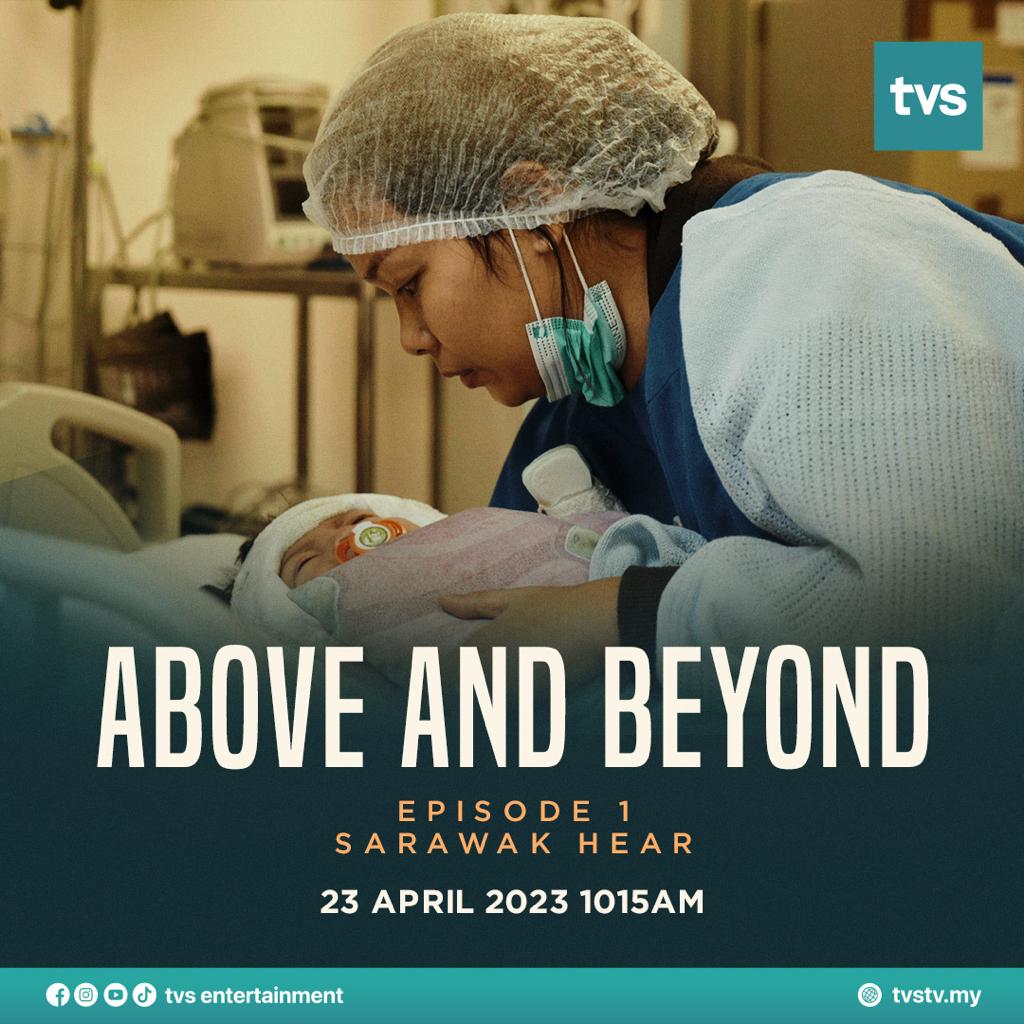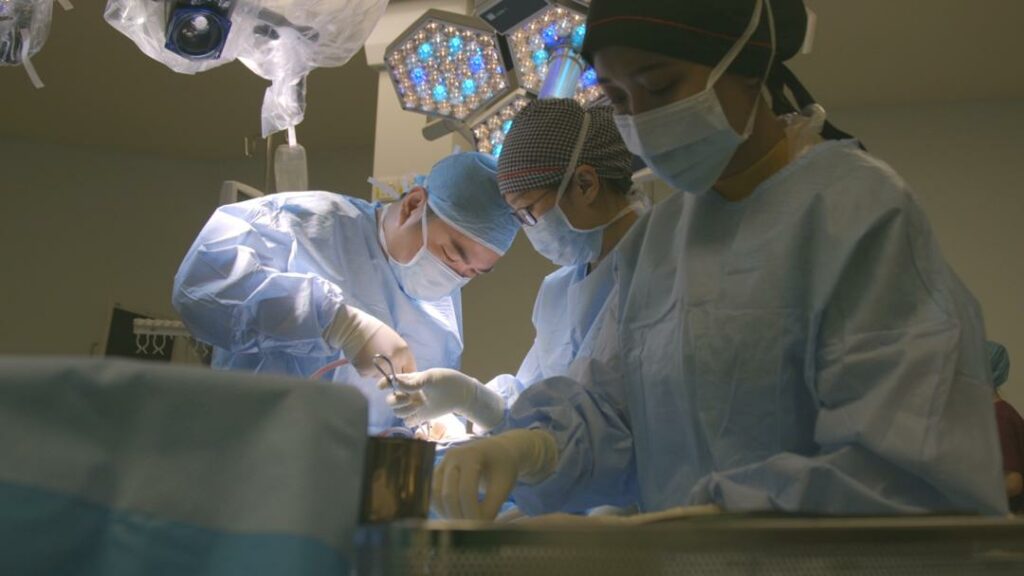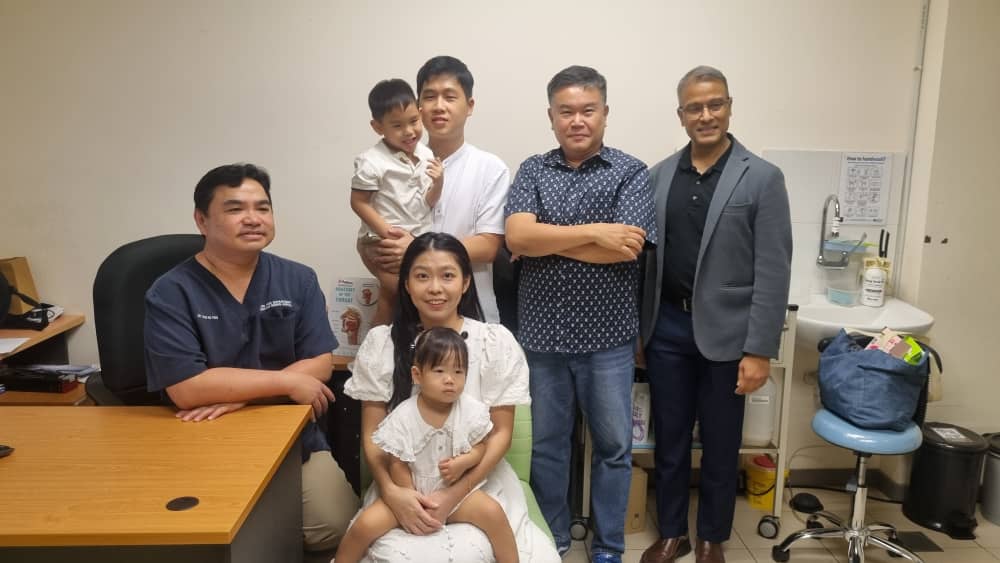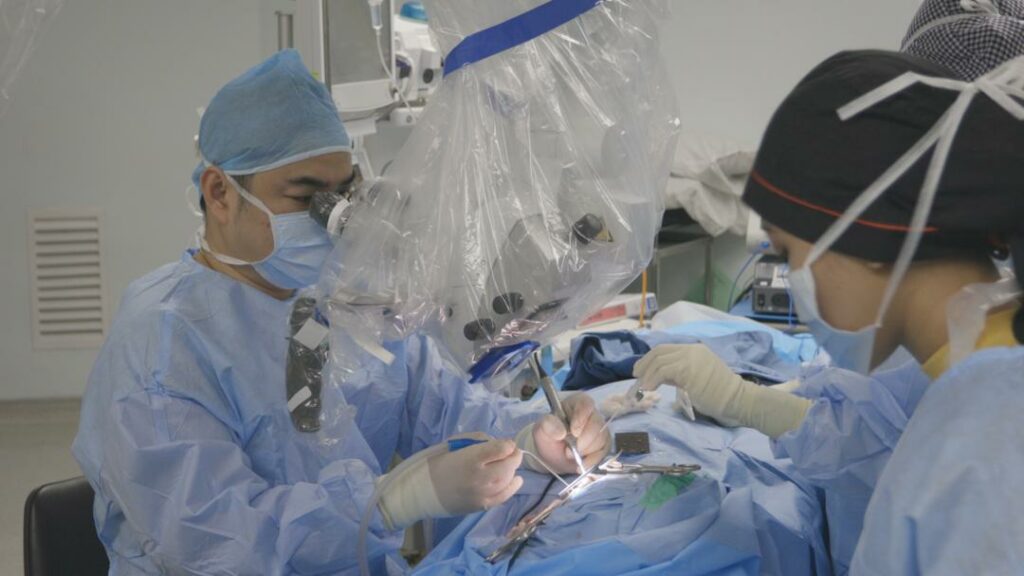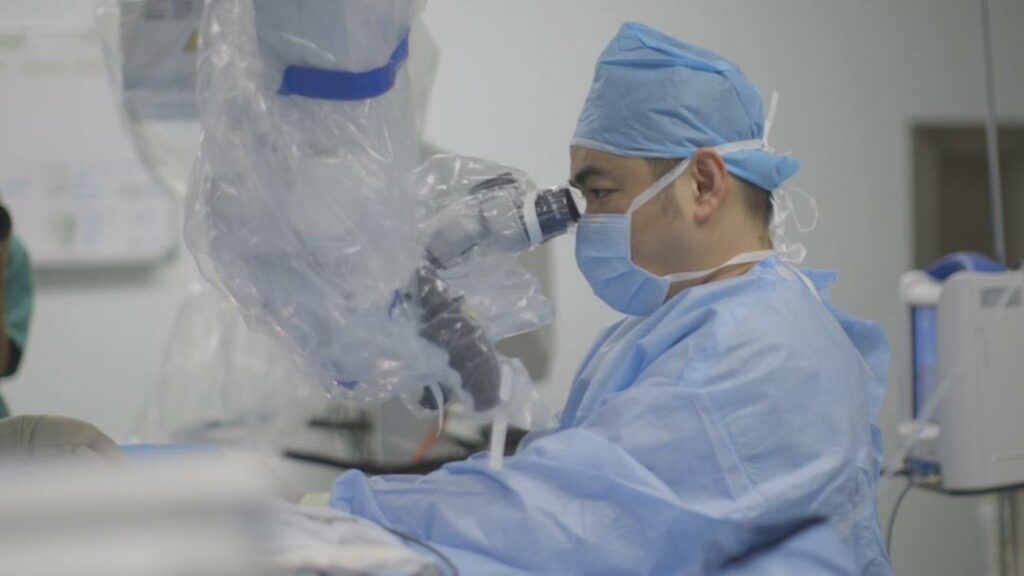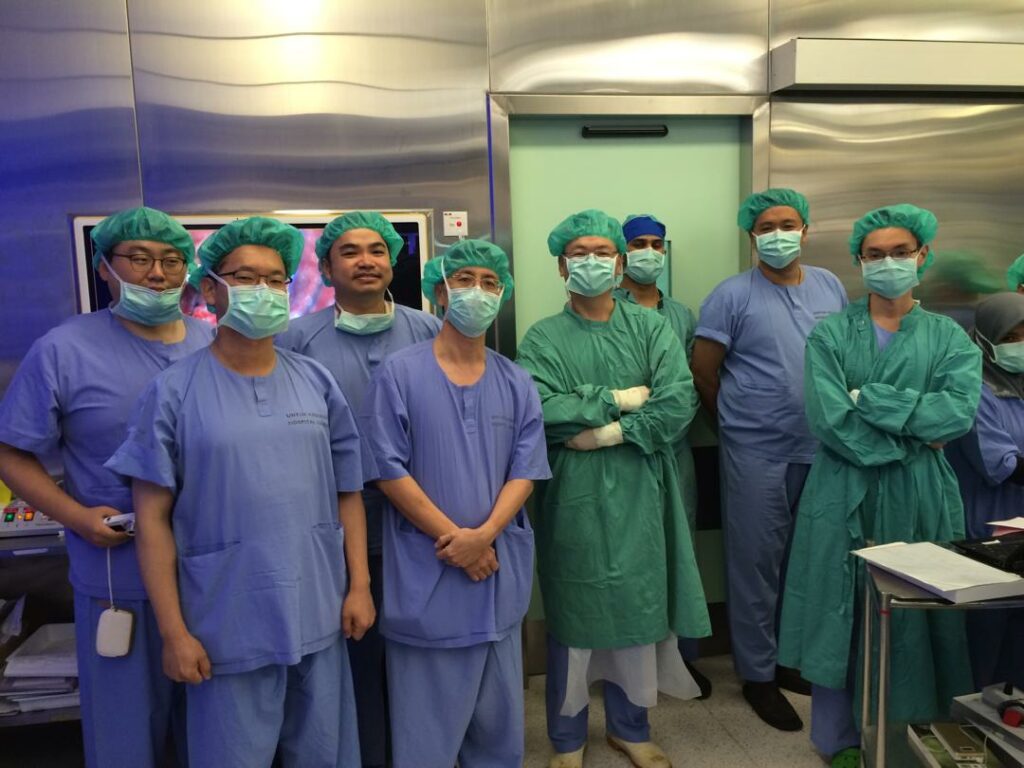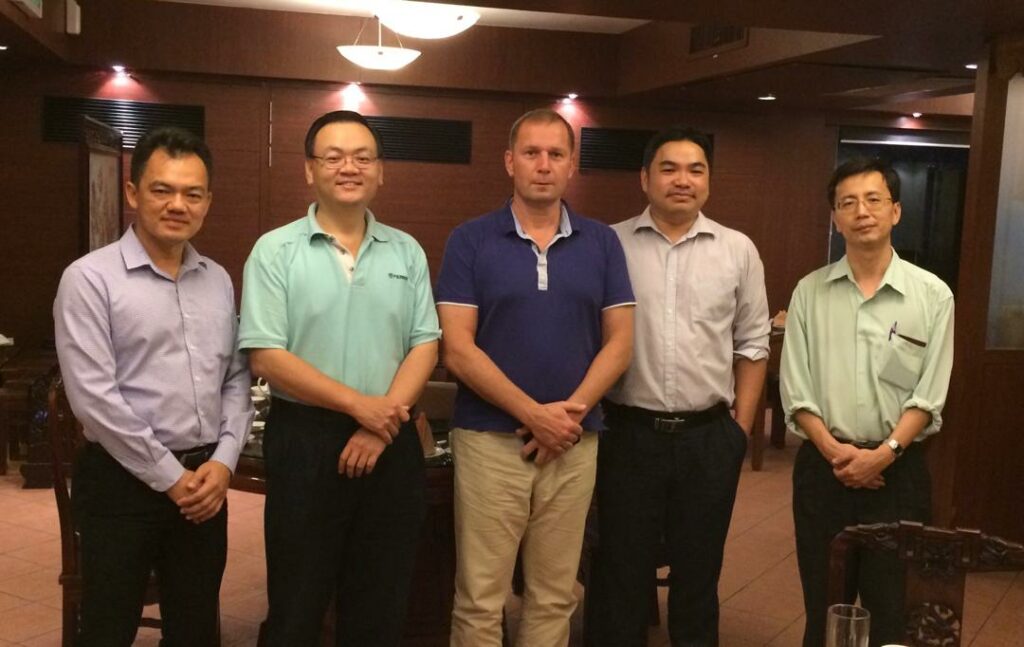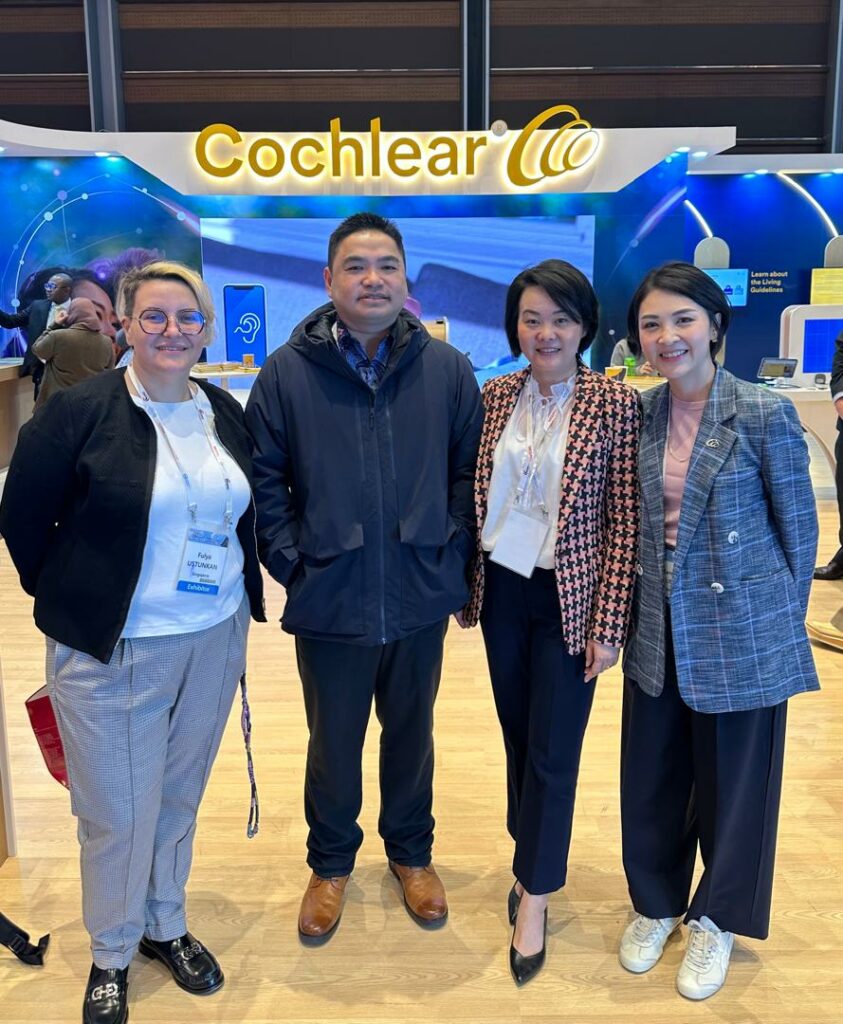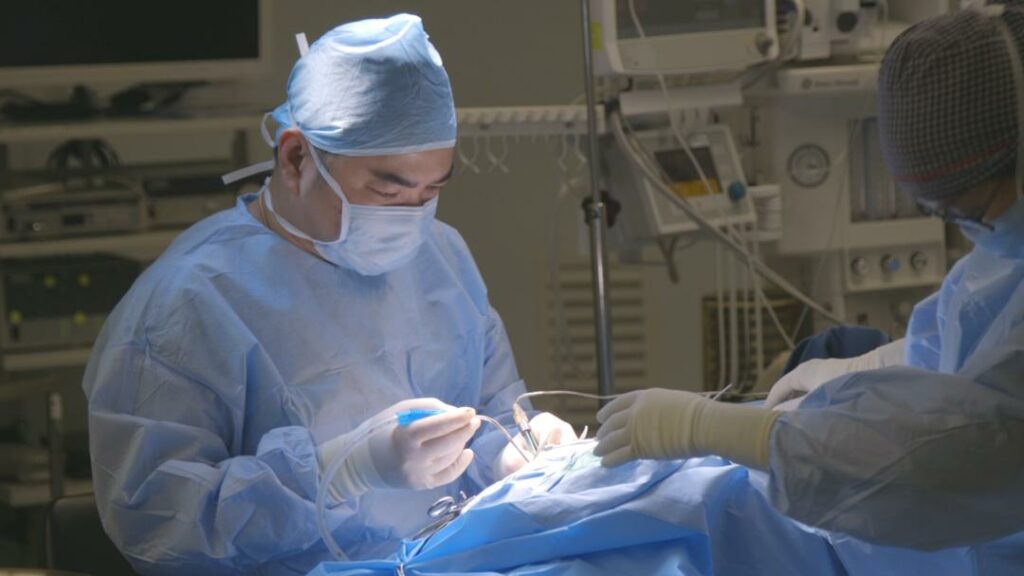
Kuching, Sarawak — In the heart of Borneo, where tradition meets innovation, Prof. Dr. Tang Ing Ping of Universiti Malaysia Sarawak (UNIMAS) is leading a transformative journey in hearing research and cochlear implant technology. With a career rooted in clinical excellence and academic dedication, Prof. Dr. Tang has become a national and regional figure in the field of otorhinolaryngology (ENT), bringing sound to hundreds of patients across Malaysia and ASEAN.
His journey began in 2005 as a registrar in ENT training, where he first encountered the life-changing potential of cochlear implants. “What truly inspired me was witnessing how this technology could transform lives — from patients who once lived in complete silence and relied on sign language, to being able to communicate verbally through speech and hearing,” he shared. The ability to help newborns hear and speak for the first time continues to fuel his passion and commitment.
A proud alumnus of UNIMAS, Prof. Dr. Tang graduated with a medical degree from the Faculty of Medicine and Health Sciences in 2001 and returned as a lecturer in 2004. He credits the university for laying the foundation of his expertise and providing the support needed to pursue his research. “UNIMAS gave me the opportunity, skills, and manpower support to pursue my passion. For that, I am deeply grateful,” he said.
Despite the progress, challenges remain. The high cost of cochlear implants — ranging from RM85,000 to RM90,000 — poses a significant barrier for many families. While government and NGO support helps bridge the gap, Prof. Dr. Tang emphasizes the importance of post-surgical rehabilitation. “Consistent speech therapy and audiology sessions are essential for successful outcomes,” he noted.
In 2016, Prof. Dr. Tang and his team achieved a national milestone by performing Malaysia’s first auditory brainstem implant (ABI), right in Sarawak. Since then, they have completed 17 ABI cases, including patients from neighboring ASEAN countries. Looking ahead, he hopes for increased funding to support both pediatric and adult patients with progressive hearing loss. He also envisions the clinical application of emerging technologies such as hair cell regeneration and midbrain auditory implants within the next decade.
Beyond patient care, Prof. Dr. Tang sees his work as a catalyst for national recognition in medical innovation. “Our work has already placed Sarawak — and Malaysia — on the global map in hearing technology. With every successful procedure, we are proving that cutting-edge research and innovation can thrive here,” he said. His vision is clear: to inspire further research collaborations and establish Malaysia as a regional leader in medical technology.
Prof. Dr. Tang Ing Ping’s story is one of dedication, impact, and hope — a testament to how one researcher’s journey can echo far beyond the operating room, shaping futures and elevating Malaysia’s place in global healthcare innovation.
